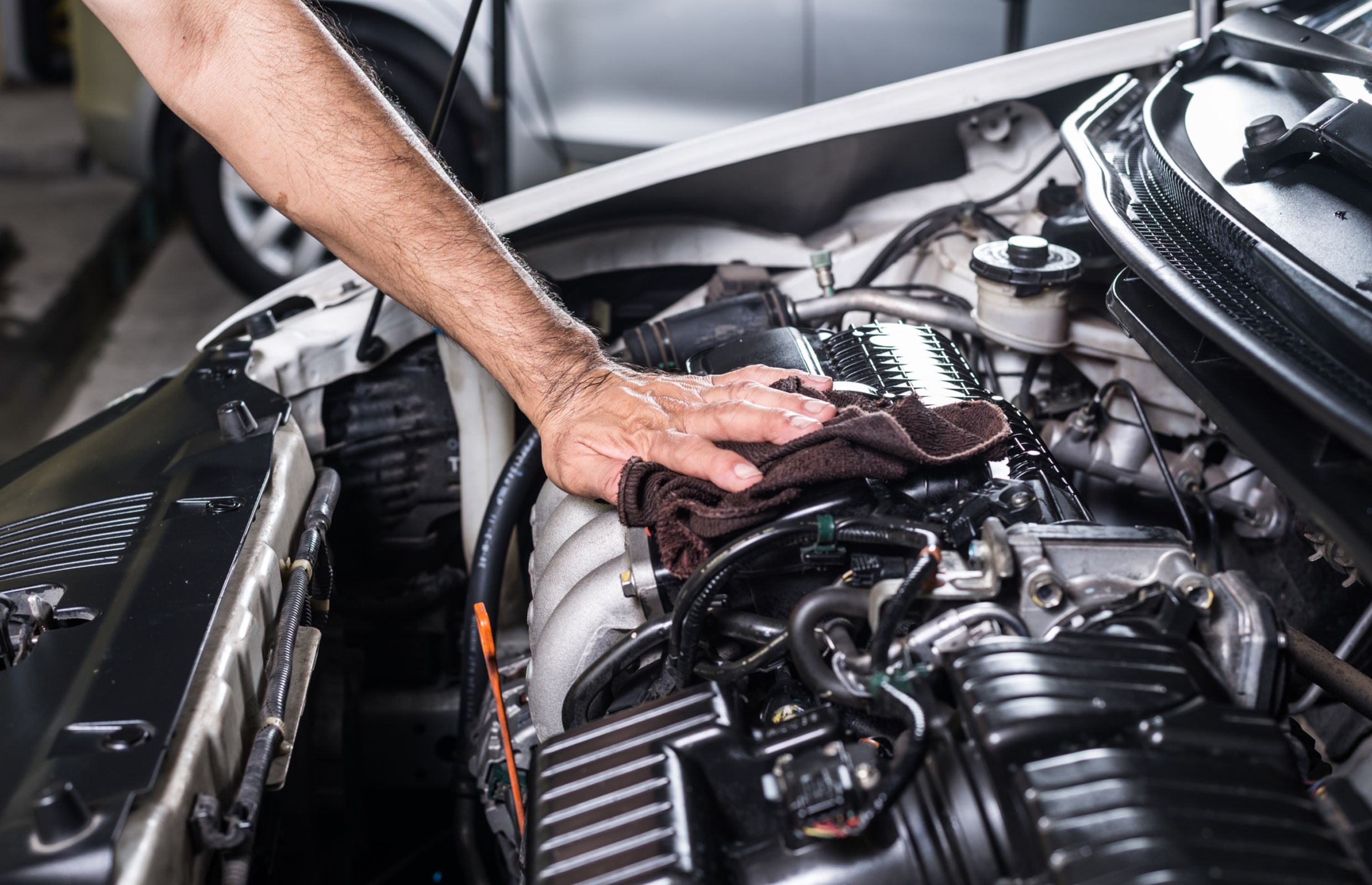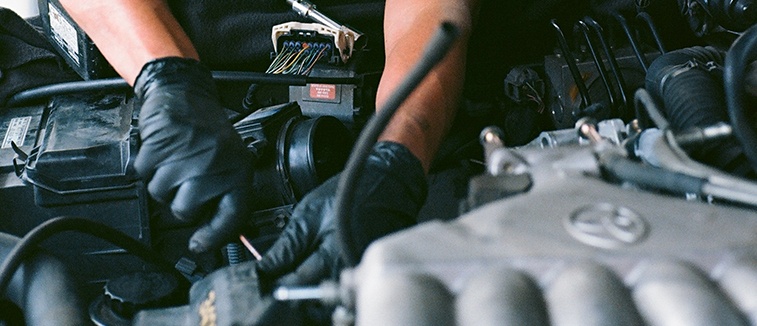
The engine is an integral component in a car that works in cohesion with all the other parts. Routine and proper engine maintenance is important to achieve optimal performance. Adhering to your car’s smart maintenance schedule and employing the proper maintenance tips will help you avoid future expensive repairs. As a car owner, you need to learn the techniques for ensuring that your engine is running smoothly.
Table of Contents
Benefits of General Engine Maintenance
Improved Performance and Reliability
Car engines have advanced over the years to reduce issues, such as engine failures, but that doesn’t mean that you should neglect your engine. Even though your car’s engine is less likely to fail, the performance will be greatly compromised without general maintenance. General engine maintenance involves adding supplements, such as engine oil, that will help boost the performance. In addition, when the engine is running efficiently, you will not have to worry about engine failure.
Increased Safety
The car engine works in cohesion with other integral parts, such as brakes, which play an important role in improving a driver’s safety. General engine maintenance improves the safety of your car as important fluids, such as brake fluid and engine oil, will always be at the right level. A well-maintained engine and efficiently working parts reduce the chances of breakdowns and accidents.
Reduced Repair and Running Costs
Routine engine maintenance and timely replacement of worn-out parts will help you avoid expensive repairs. It is advisable to implement small repairs and maintenance steps before your car falls out of maintenance. Experienced drivers understand that diagnosing and rectifying engine problems helps save money and time. Before you buy a car online Canada, you should know that the amount of fuel that your car will consume depends on the engine condition. For instance, a faulty spark plug or oxygen sensor will lead to more fuel consumption; hence, low fuel mileage.
Improved Car Value
The well-maintain car engine commands a high resale value. Every potential car buyer asks for maintenance records to ascertain that the engine is in prime working condition. In some cases, a buyer will ask for a mechanic to conduct inspections. Since the engine’s condition is vital in determining your car’s value, you should stick to general routine maintenance.
How to Maintain Your Car’s Engine
Regularly Change Your Filters
A faulty oil filter is likely to burst, resulting in severe engine damage. In addition, the engine is likely to overheat, or some of the parts will not be lubricated since the oil is not performing optimally. Therefore, replacing your filters helps keep debris out of the engine compartment and improves combustion in the engine. Always use the car’s service schedule to know when to replace your filters.
Top-Up Engine Fluids Regularly
The two important engine fluids you should ensure are at the correct levels are engine oil and coolant. Engine oil reduces friction and wears on moving engine parts, whereas a coolant protects the engine from overheating. A low coolant level can cause the head gasket to drop, resulting in power loss, decreased efficiency, or engine knocking sounds. On the other hand, low engine oil levels result in wear and tear of engine parts. Using a dipstick and the guide marking, you can always check your coolant and engine oil levels.
Replace Spark Plugs and Timing Belts
A spark plug plays a crucial role in igniting your car’s engine as it ignites the air-fuel mixture in the cylinders. Even though a spark plug has a long lifespan, routine maintenance that involves a cleaning to get rid of soot accumulated around the electrode will help maintain a consistent combustion system and improve fuel economy. On the other hand, the role of the timing belt in the engine is to ensure that the valves open and close when needed to aid combustion. Replacing your engine’s timing belt helps in improving performance and efficiency. Ensure that you find a qualified mechanic to help replace your spark plug and timing belt.
Take Your Car for Servicing Regularly
Regular servicing helps check the condition of your car’s engine and improve overall performance. In addition, sticking to your car’s prescriber service intervals helps diagnose any problems that might lead to expensive repair or replacement costs.
A car’s engine condition defines the overall performance, reliability, safety, and value. It would help if you implemented these engine maintenance tips to avoid expensive issues and enjoy a smoothly running engine.







